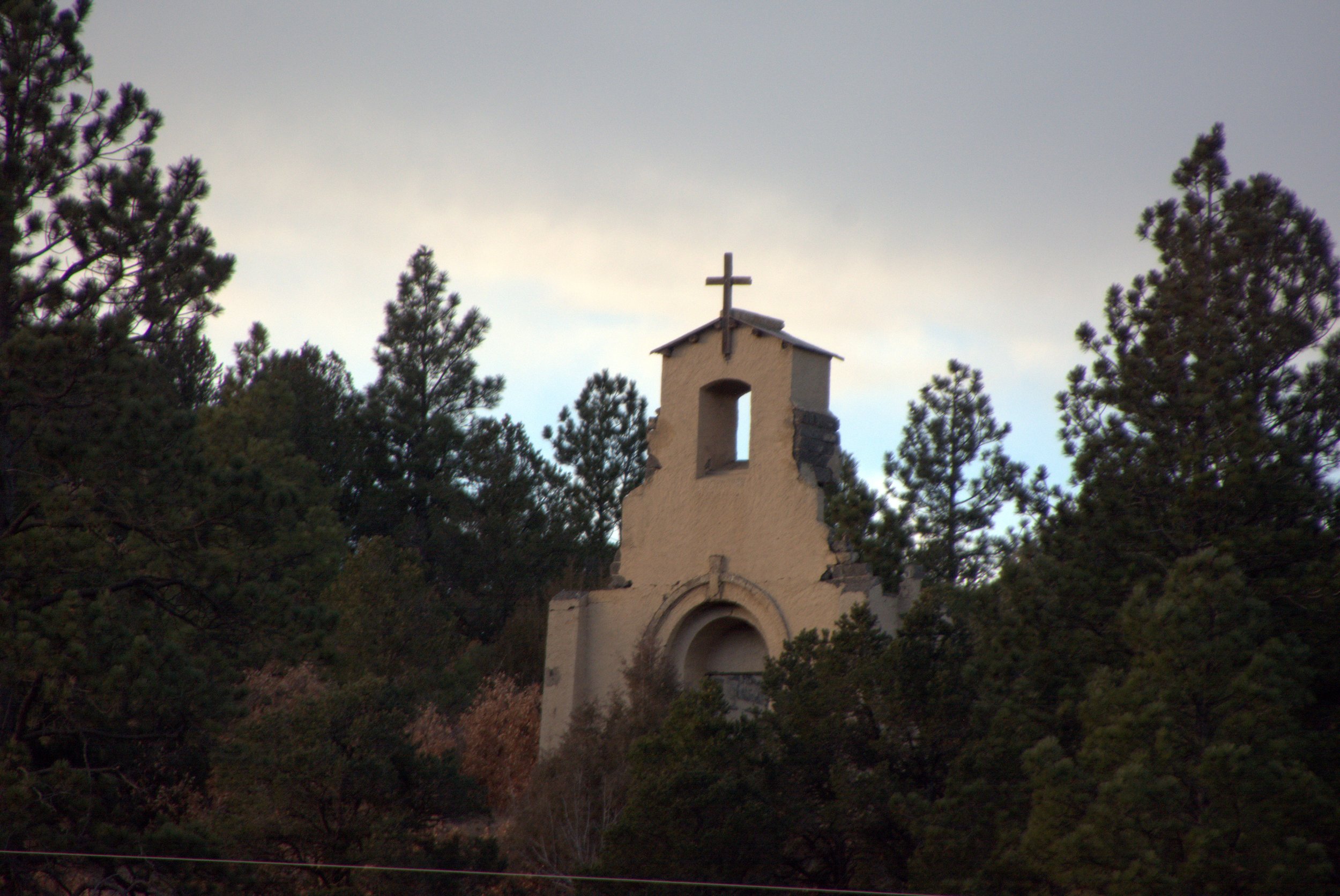History of Raton Pass
Located in the Rocky Mountains, Raton Pass has a long and storied history. Used by
Native Americans for centuries, the pass was later traversed by Spanish explorers,
American settlers, and even outlaws like Billy the Kid. Today, Raton Pass is best
known as a scenic drive and popular tourist destination. Here's a brief look at the
history of this fascinating place.
Native American History
Raton Pass has been used by Native Americans for centuries. The first known
inhabitants of the area were the Jicarilla Apache, who used the pass as a hunting
ground. Around 1500 AD, the Jicarilla were displaced by the Ute people, who
remained in control of the area until the early 19th century.
Spanish Exploration
In 1540, Spanish explorer Francisco Vasquez de Coronado became the first European
to set eyes on Raton Pass. Coronado was in search of the fabled Seven Cities of Gold
and mistakenly thought that he had found them when he saw the glittering cliffs
near present-day Trinidad, Colorado.
American Settlement
The first American settlers began arriving in Raton Pass in the early 1800s. These
pioneers were drawn to the area by reports of fertile land and abundant game. In
1821, Mexico won its independence from Spain and claimed control over Raton Pass.
Nine years later, Mexico ceded control of the pass to the United States as part of the
Treaty of Guadalupe Hidalgo.
Outlaws and Lawmen
In 1878, Raton Pass became an important stop on the Denver & Rio Grande Railroad.
This new development made the pass a prime target for outlaws looking to rob
trains carrying gold and silver from mines in southern Colorado. One of these
outlaws was none other than Billy the Kid, who famously robbed a train near
Trinidad in 1879. To combat crime in Raton Pass, a posse led by legendary lawman
Pat Garrett was formed in 1880. Garrett would eventually track down and kill Billy
the Kid in Fort Sumner, New Mexico later that year.
Raton Pass has been many things over the centuries, a hunting ground for Native
Americans, a stopping point for Spanish explorers, and even a hideout for outlaws
like Billy the Kid. Today, it is best known as a scenic drive with breathtaking views of
southern Colorado and northern New Mexico. As a child and even now I get excited
when traveling through the pass. Whether you're interested in its rich history or
simply want to enjoy its natural beauty, Raton Pass is well worth a visit.




